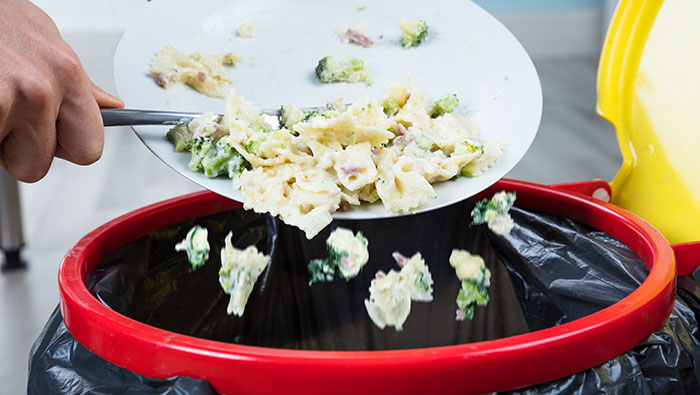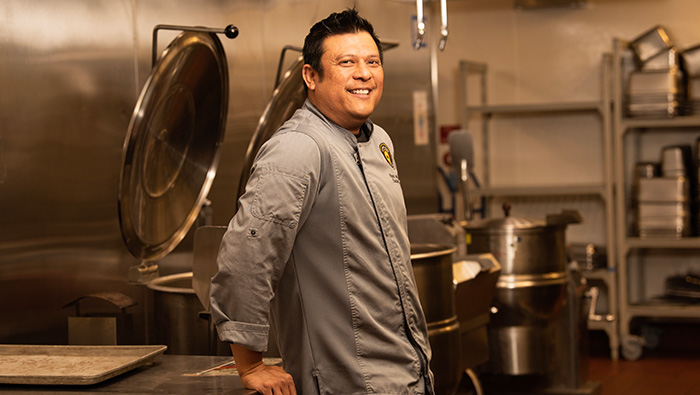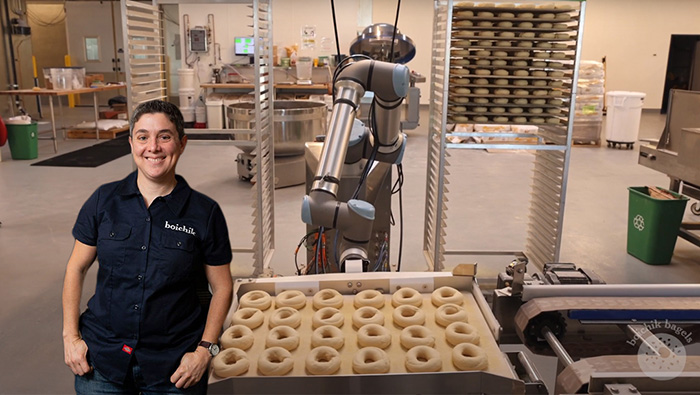
Waste Not
If food waste were a country, it would have the third-highest carbon dioxide emissions. That’s according to the United Nations’ Food and Agriculture Organization. “Every decision we make to be a bit more efficient with our food system, from growers all the way down to consumers, is important,” said Edward Spang, assistant professor of food science and director of the Center for Water-Energy Efficiency at UC Davis. Here are some tips for minimizing food waste.
Be mindful of what you buy.
Purchase only what you know you plan to eat so you can use as much of it as possible.
Get cooking.
Put overripe fruit to good use by turning it into banana bread, cobblers or applesauce, or make leftover veggies part of clean-your-fridge dinners like pizza, frittatas, stews or stir-fries.
Dry or freeze.
Excess fresh herbs can flavor sauces, while food dehydrators can help you save fruits and veggies. Spang freezes unused vegetable scraps for use in future dishes. Leftover sauces, broth, fruit and meat can also be frozen for later use.
Share!
Bring extra food to work or find a friend or neighbor to take excess off your hands.









